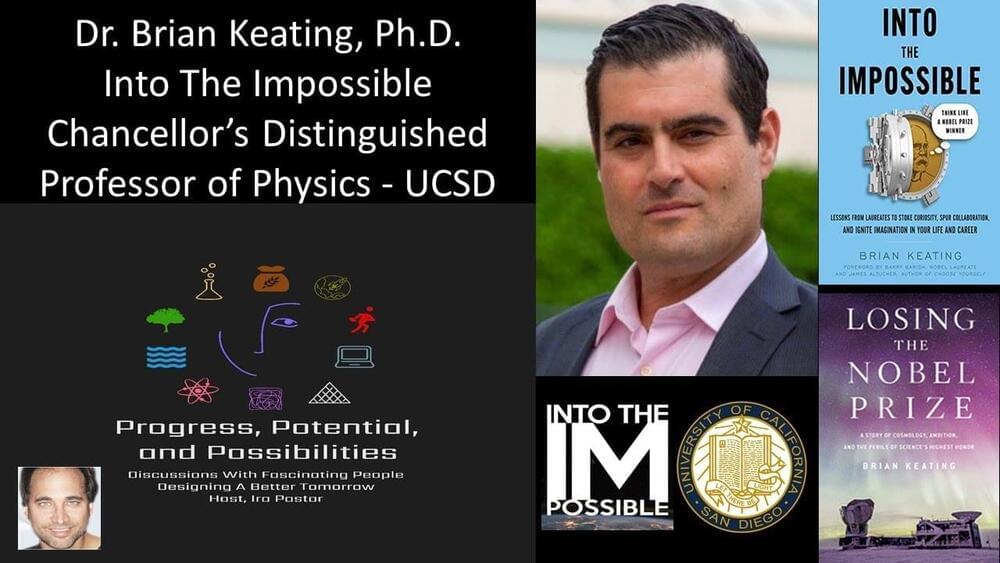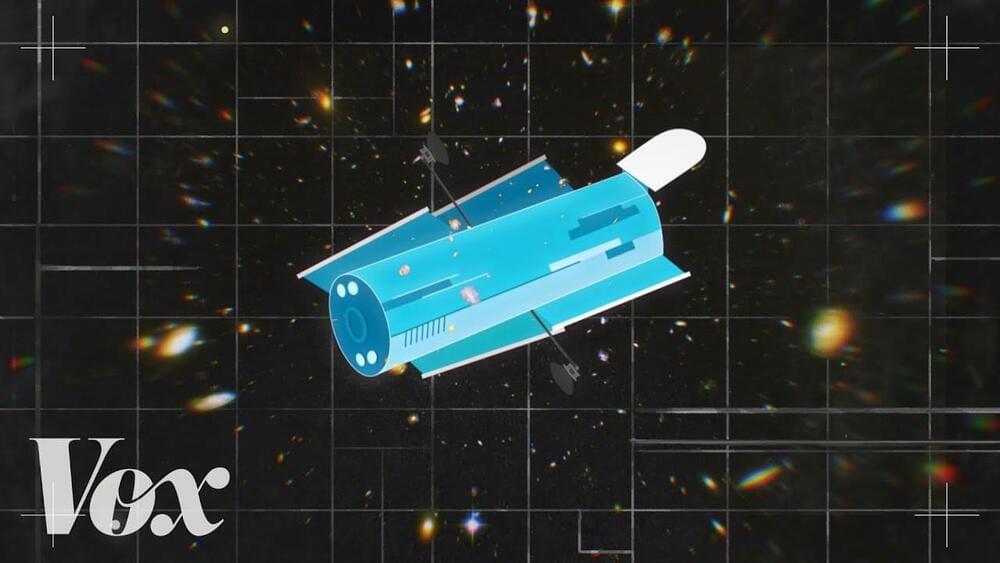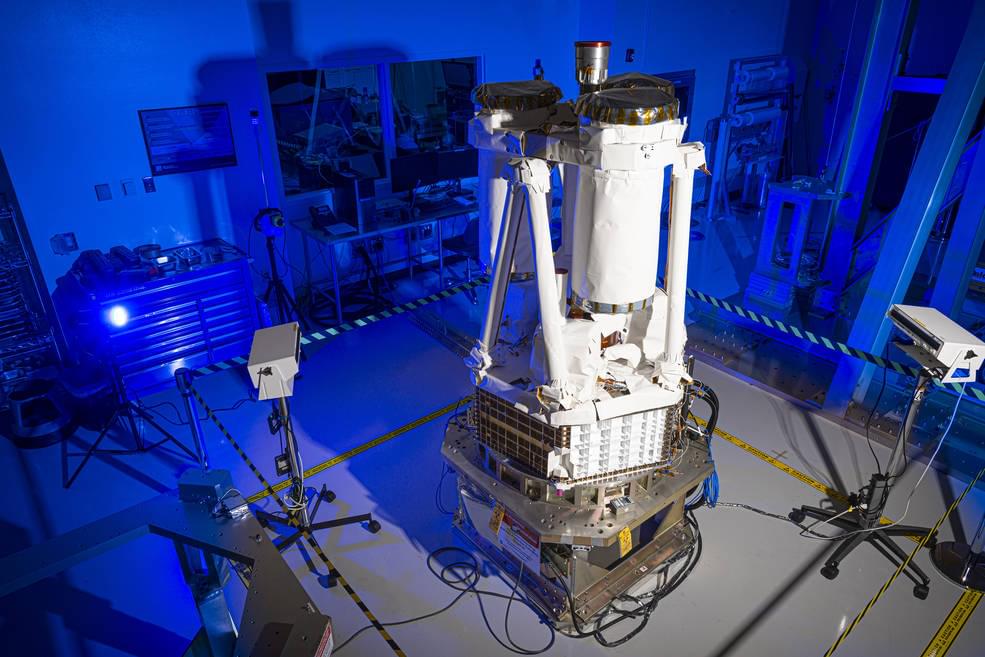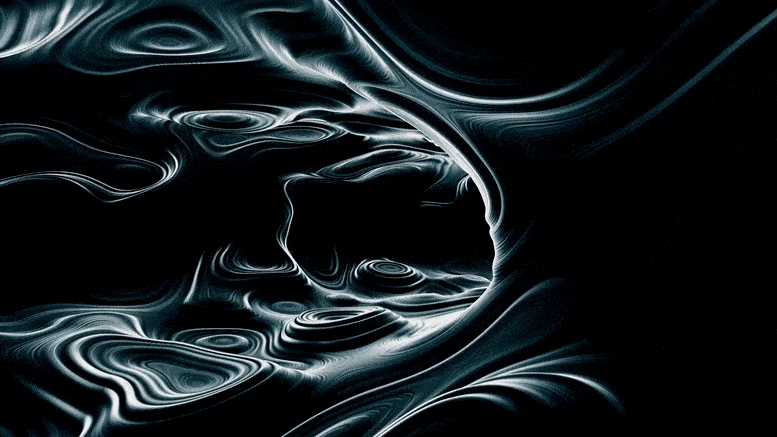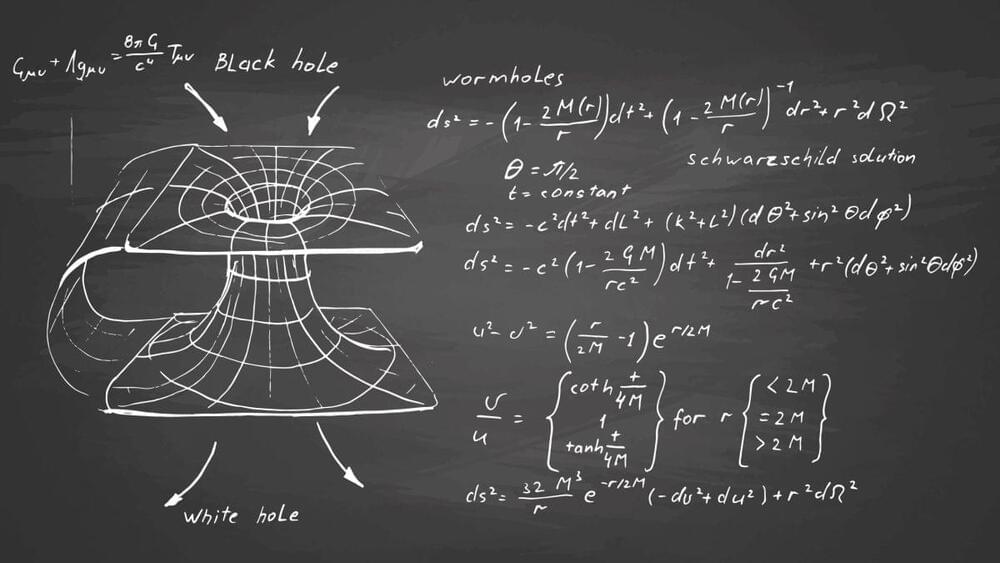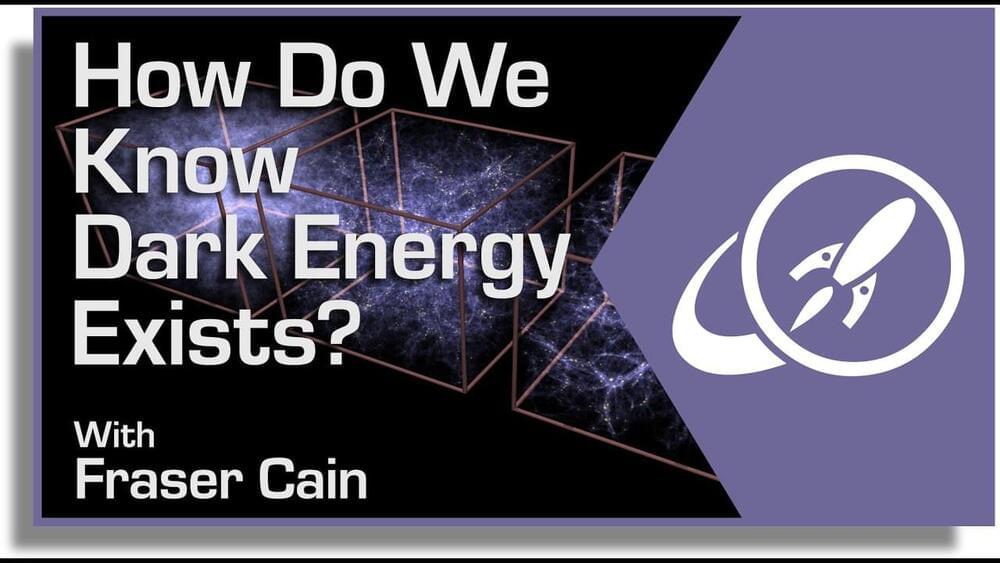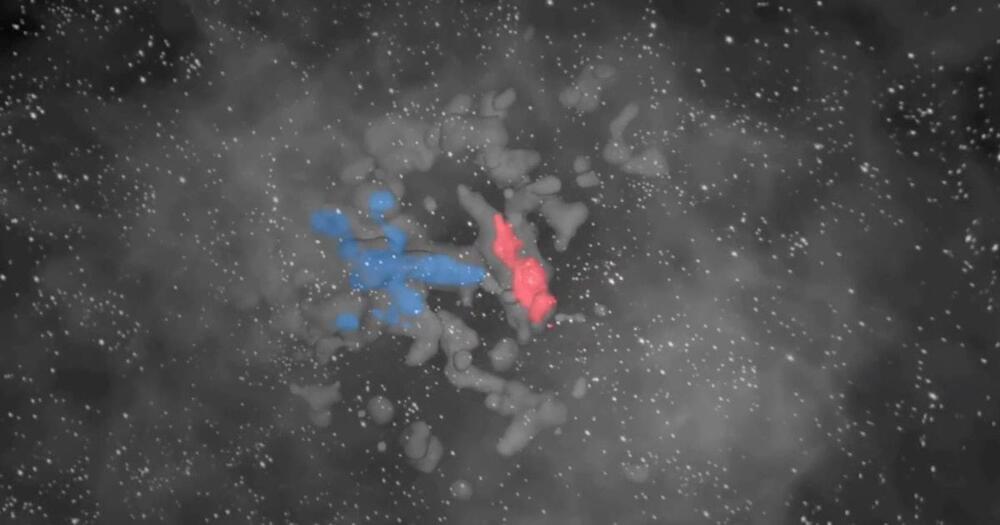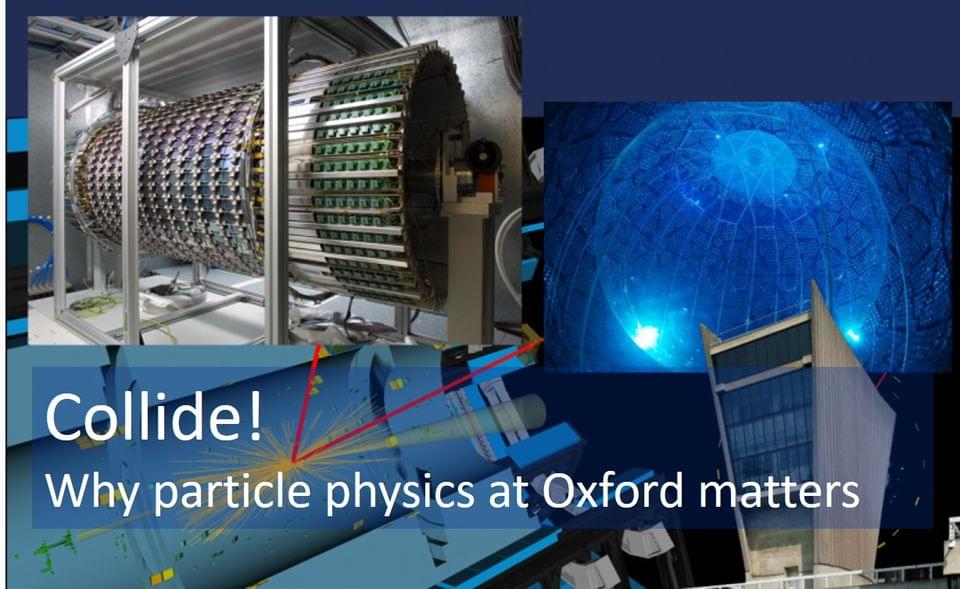Sep 27, 2021
Dr Brian Keating, PhD — Into The Impossible — Chancellor’s Distinguished Professor of Physics — UCSD
Posted by Ira S. Pastor in categories: cosmology, evolution, physics
Multiverse Cosmology, Nobel Laureates, Theories Of Everything, And Much More! — Dr. Brian Keating Ph.D., Chancellor’s Distinguished Professor of Physics, UC San Diego.
Dr. Brian Keating, Ph.D. (https://briankeating.com/) is Chancellor’s Distinguished Professor of Physics, at the Center for Astrophysics & Space Sciences (CASS), in the Department of Physics, at the University of California, San Diego (https://bkeating.physics.ucsd.edu/).
